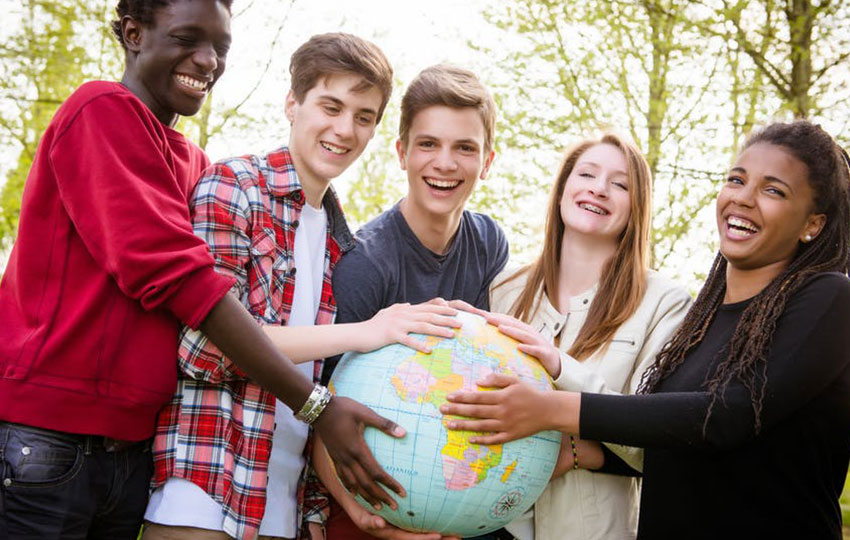In today’s society, migration is a major subject concerning a lot of governments. In the European area of the last few years, we have seen a massive influx of migrants from Third World countries. People who have been plagued by war or economic issues have migrated to countries in Europe aiming at a better life.
Unfortunately, discrimination and racism are two very real possibilities and a very large number of migrants are forced to face both. Even in so-called cultural Europe, there are people out there who are not able to understand the difficulties of these people. Moreover, they are not even willing to help them integrate.
For people who have been living in a country their entire lives, migrating and getting integrated into a new country is very difficult. There is a language barrier, there is a traditional barrier, there are many different ways for misunderstandings to happen. Migrants need help to integrate societies and it has been proven that no one is better to provide that help than other migrants.
We are of course talking about people who have migrated to a specific country a long time ago and have already adapted to the new environment. Another group of migrants that can help is the second-generation migrants. Both were born in the target country but do speak the language and do have a working knowledge of their native traditions as well as the traditions of the country they live in.
These people will be able to help migrants learn the language as well as learn the traditions of the country they are migrating to. Moreover, they are going to be able to give them some success stories which can play a very important role in the integration process.
Imagine being a migrant moving to a new country where you feel unwelcome. It is completely reasonable to assume that you will behave there is no way for you to manage and adapt to the new environment. You believe that people will never want you. All you need is someone to reach out, take you by the hand and show you that discrimination only lasts for so long.
If you are a second-generation migrant and you wish to help people migrating to the country you live in, all you have to do simply figure out the right way to do so. Whether you can teach them the language, help them find a job, teach them the traditions of the country they are in or simply play host to them for a certain amount of time until they can get back on their feet.
The European Union values migrants and has a very sound policy when it comes to helping them integrate. Through the limitation of European projects like the WIDTH project, the EU promotes actions that aim at fostering integration and social inclusion of migrants and other disadvantaged groups, especially women, through training in the linguistic, civic and social working fields thanks to proximity devices. These actions will be able to facilitate access and information in connection with education networks for adults and other territorial institutions.
It is important to remember that every person could find themselves in a difficult situation. Migration and especially involuntary migration is most certainly one of the worst possible situations a person can find themselves in. If you can help minimise the problem or eliminate it completely, which is the ultimate goal, learn how you can help. Reach out to the right organisations that offer your help to those that need you. At the end of the day, you will know that you yourselves will have done whatever you can to help make someone’s life better.

